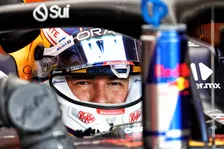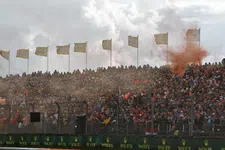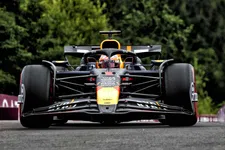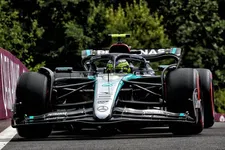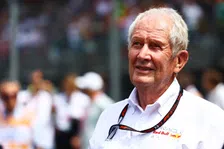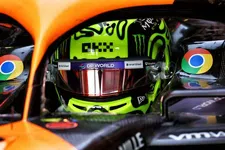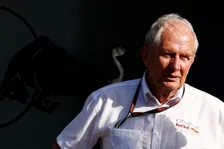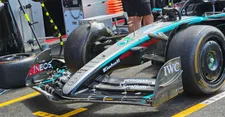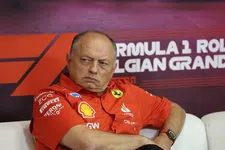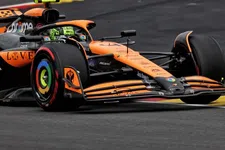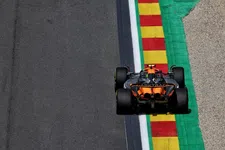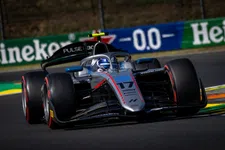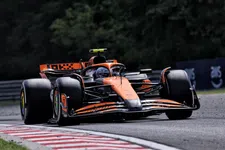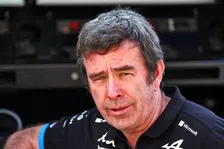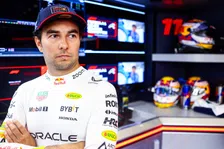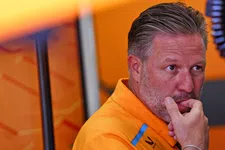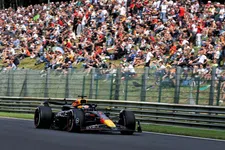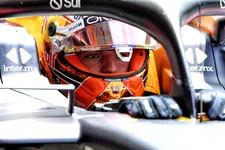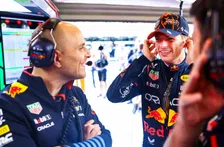General
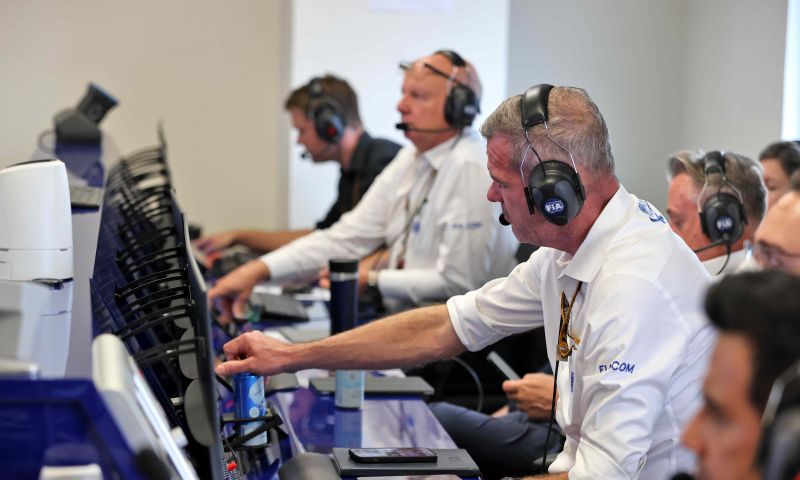
How will the FIA get their own management back on track in F1?
- GPblog.com
Eduardo Freitas and Niels Wittich were appointed as Formula 1's two new race directors after the 2021 Abu Dhabi debacle. The two men alternated, but in the closing stages of the 2022 season, only Wittich was in charge of Formula 1 weekends. Freitas disappeared from the scene after the chaotic Japan Grand Prix. What should the FIA do? Return to the system of one race director or still opt for several race directors who alternate or, on the contrary, are always present together at the GPs?
Femke Notermans (Dutch edition of GPblog)
Last season, we did notice that two race directors in Formula 1 doesn't always work very well. There is nothing more important than consistency among the FIA stewards, something that simply cannot be guaranteed when two race directors rotate every weekend. It is precisely so important that we see consistent penalties for the same offences, but that did not always happen. You can write down the rules as elaborately as you want, but two people will always act differently in different situations. Even with one race director in charge, we have already seen that it is difficult for the FIA to make consistent decisions. Therefore, in my opinion, one race director in Formula 1 is enough. Human error, as happened to Michael Masi in Abu Dhabi in 2021, could always happen, but the important thing is for the FIA to learn from these situations. A race director does not work alone anyway and has a whole team of stewards behind him, and that should be more than enough in my opinion.
Chloë Zoer (Dutch edition of GPblog)
Michael Masi, as we know, became the "victim" of the famous Abu Dhabi 2021 controversy. Regardless of what should have been the correct course of action in this very last stage of the title battle between Lewis Hamilton and Max Verstappen, it is clear that the race director was in a state of chaos. Masi had to leave and was replaced in 2022 by two race directors alternating rather than one race director - under the guise that such a thing will not happen again. The only question, I think, is how consistently the race rules are followed when you are dealing with two people who may look at certain things differently. 2022 did not have fierce controversies like Abu Dhabi 2021, but that does not mean something like that will never happen again. Two race directors works fine in principle, provided there is consistency throughout the season. But, the same can also be said about one race director. 'Consistency is key' is the golden rule as a match director and it doesn't matter whether you have one, two, or 10.
Camille Stocker Cassiède (French edition of GPblog)
There are pros and cons to having a swap between two or sticking with one for the entire season. Though I would look at having two at every race. Having two race directors would allow a more impartial, better adapted and more precise judgement. It would also avoid situations like Abu Dhabi in 2021. On the other hand, the discussion and therefore the decision could take longer. We have already seen this year that the FIA favoured investigations after the race, with two directors the decisions would be longer to be taken but surely be fairer.
Paola Bonini (German edition of GPblog)
When you leave too many decisions in the hands of someone, overwork and stress definitely start to kick in, and the social media backlash that Masi received after the 2021 Abu Dhabi Grand Prix brought Sulayem to believe having two race directors would solve the problem. However, last year race directors were rotating – causing an overall lack of consistency in decisions. In my opinion, it’s not the number of directors that needs changing, but rather the rules - they have to be clearer and followed, and be allowed to change only for safety reasons. Since the FIA wants to continue having two race directors they should – ideally – at least be the same at every Grand Prix to get a consistent application of the rules, especially when it comes to penalties for similar incidents.
Simone Tommasi (Italian edition of GPblog)
More than a matter of one or two race directors in my opinion, it is a matter of consistency in choices. Probably having two race directors means that they bring a broader and more diverse range of experience and views, however, it is important for the two to be able to coordinate and establish an unambiguous standard of judgment. This is because if we have to have two race directors who alternate and depending on who is present we get more or less severe decisions then it is better to have a single one with his own measure of judgement. So, yes, it is a matter of consistency.
Ida Gorecka (Polish edition of GPblog)
In my opinion, Formula 1 should have one race director. It’s just a matter of finding the right person, someone who can bring a level head and relevant expertise to the table, then provide them with the proper training and make sure they're fully prepared for the job. It can be very inconsistent to hear one director's unwavering stance at one event and another a week later. Employees and drivers may find the frequent turnover confusing and unpredictable. Having two racing directors is completely unnecessary.
Rubén Gómez (Spanish edition of GPblog)
I believe that there is no need for so many race directors. One is enough. The reason is simple, everyone has their own criteria, even if Formula 1 have one set of rules. And there are controversial actions depending on which race director is in charge. That's why I think there should only be one race director accompanied by the stewards.
Matt Gretton (English edition of GPblog)
The same race director should be used for every Grand Prix in the season. In my opinion, it's always better to have one person making the big decisions to enhance consistency. Unlike Football, Rugby or many other sports, F1 has a unique opportunity where only one event takes place at one time. F1 should be one of the most consistent sports when it comes to decision-making. However, if there is one person, then the FIA need to ensure he/she has the correct people in subsidiary roles beneath them who can provide insight and information to reduce the pressure and workload.

